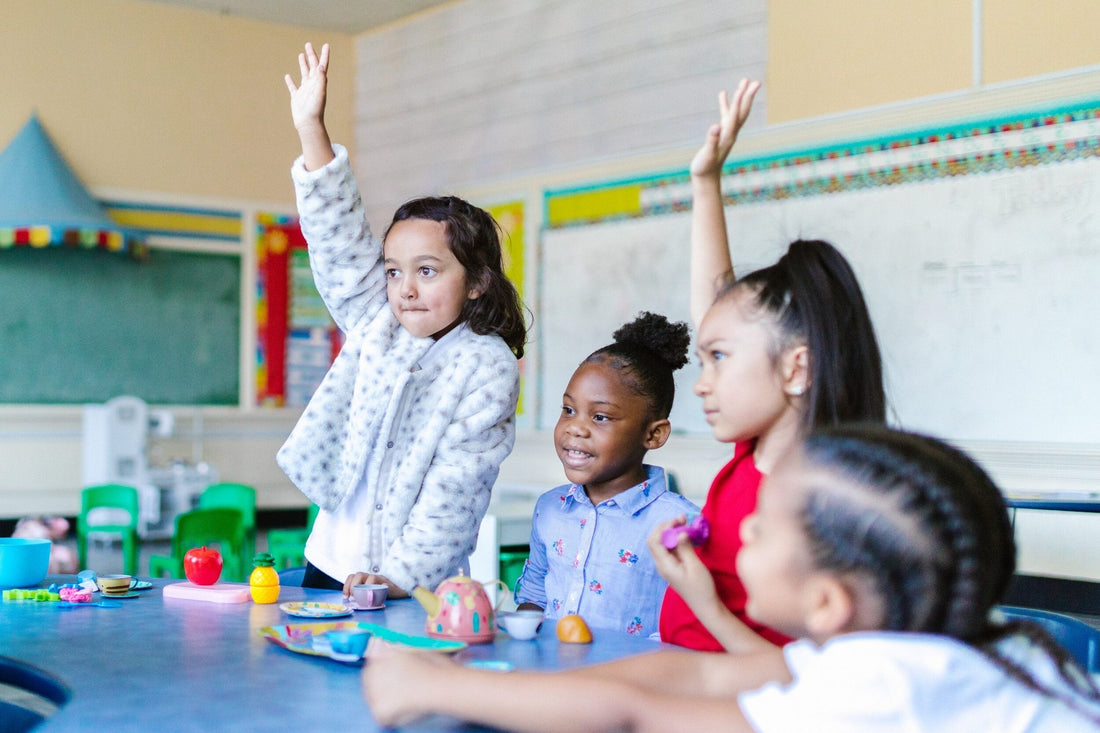
Concrete Tips to Boost Student Social Emotional Skills
Share
Hey YOU!
For Parents: You've heard of social-emotional skills in child development, but what exactly are they, why are they talked about so often, and how can you ensure your kiddo is excelling in this area?
The descriptions and advice tidbits in the post below are the perfect place to dive into this important topic. Your work in this area is sure to benefit the well-being of your little one, too.
For PTAs: Social-emotional development is probably talked about at the majority of your meetings. But how can you successfully support students in this area? First, make it a priority.
Then, add skill strengtheners into daily routines and conversations. From a PTA standpoint, implementing software that leads the way might make sense, too.
For Principals: Gone are the days of only being graded on test scores. Your students need a mental health and social-emotional curriculum, but how can you prioritize the offering while making sure it's effective?
Offer up the tips below to your teachers, and let us know if you feel like a resource-packed software could help.
More About Social-Emotional Skills for Kids
SEL is a hot topic in education today — from young children all the way through adolescents. But just adding the phrase to your curriculum book doesn't do much.
What are social-emotional skills, why do kids need them, and how can we effectively support our students in each of these areas?
The post below is filled with the answers to these questions, as well as a list of resources you won't want to miss.
What Are Social-Emotional Skills?
Social-emotional skills include self-awareness, self-control, and a variety of interpersonal skills. They're required for everyday life in different situations.
Our kids get a little leeway while they're working on them, of course, but they still need to be mastered for success in school, on high school sports teams, at work, in relationships, and more.
Some of the most recognized and practiced social-emotional skills include:
- Self-control and impulse control
- Self-expression and self-management
- Self-esteem
- Showing of affection
- Understanding others' feelings
- Communication, understanding of social norms, and social interactions
- Problem solving and resolving conflict
- Decision making
As you can see, these skills cover a range of abilities, but they're all essential to functioning independently in society.
Resources to Provide to Students in Your Care
As necessary as social-emotional learning is, it just doesn't come naturally. Each and every area requires practice and guidance to reach competency. The following tips can help with major skills.
Add them into your daily schedule or click on the title links for in-depth advice in every area.
- Stress-Management for Kids — Stress can be handled in many ways. To prevent negative responses, try practicing mindfulness on a regular basis. You may also want to adopt a growth mindset in your conversations, as focusing on skills and efforts instead of outcomes and attributes can lead to resiliency from an early age.
- Social Awareness — This skill takes a great deal of conversation. Talk through the feelings of others when you witness emotions, challenges, or triumphs. Ask, "How do you think she feels right now?" Talk about others' strengths, concerns for challenges people may be facing, and how you may be able to help those around you.
- Self Awareness — Help kids see their strengths, as well as skills they'll need to build in the future, in a positive light. Practice mindfulness to increase self-awareness through mindful breathing, body scans, and similar exercises.
-
Relationship Skills — Give kids practice and model good behavior in this area. Some top positive relationship skills that children need as they grow include effective communication, listening skills, the ability to ask for help, the ability to apologize, sharing of feelings, and working as a team.
- Responsible Decision Making — Keep kids curious! When a child doesn't understand why a decision is the right one, they're less likely to make it again in the future. Let kids ask questions in context and let them explore opposite outcomes to strengthen skills in this area.
No matter where your learners are at with social-emotional skills, there is likely room for improvement.
When you help students in these areas, they'll be able to perform better in social situations of all kinds. It's extremely important work — if you need a little help implementing every area of it, feel free to let us know.














